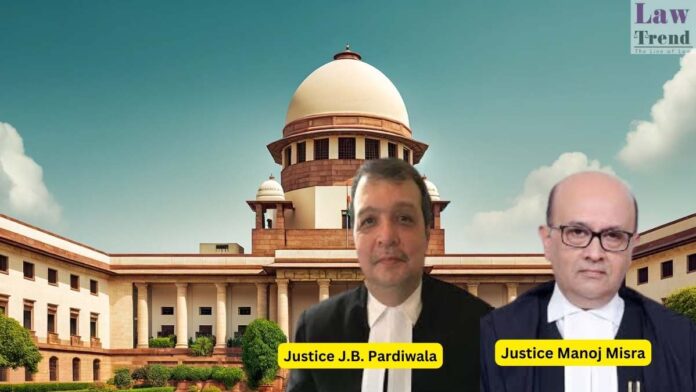In a significant ruling, the Supreme Court of India reaffirmed that there is no minimum age requirement for a witness under the Indian Evidence Act, 1872, and that the testimony of a child witness cannot be outrightly dismissed. The judgment was delivered by a bench comprising Justice J.B. Pardiwala and Justice Manoj Misra in The
To Read More Please Subscribe to VIP Membership for Unlimited Access to All the Articles, Download Available Copies of Judgments/Order, Acess to Central/State Bare Acts, Advertisement Free Content, Access to More than 4000 Legal Drafts( Readymade Editable Formats of Suits, Petitions, Writs, Legal Notices, Divorce Petitions, 138 Notices, Bail Applications etc.) in Hindi and English.




